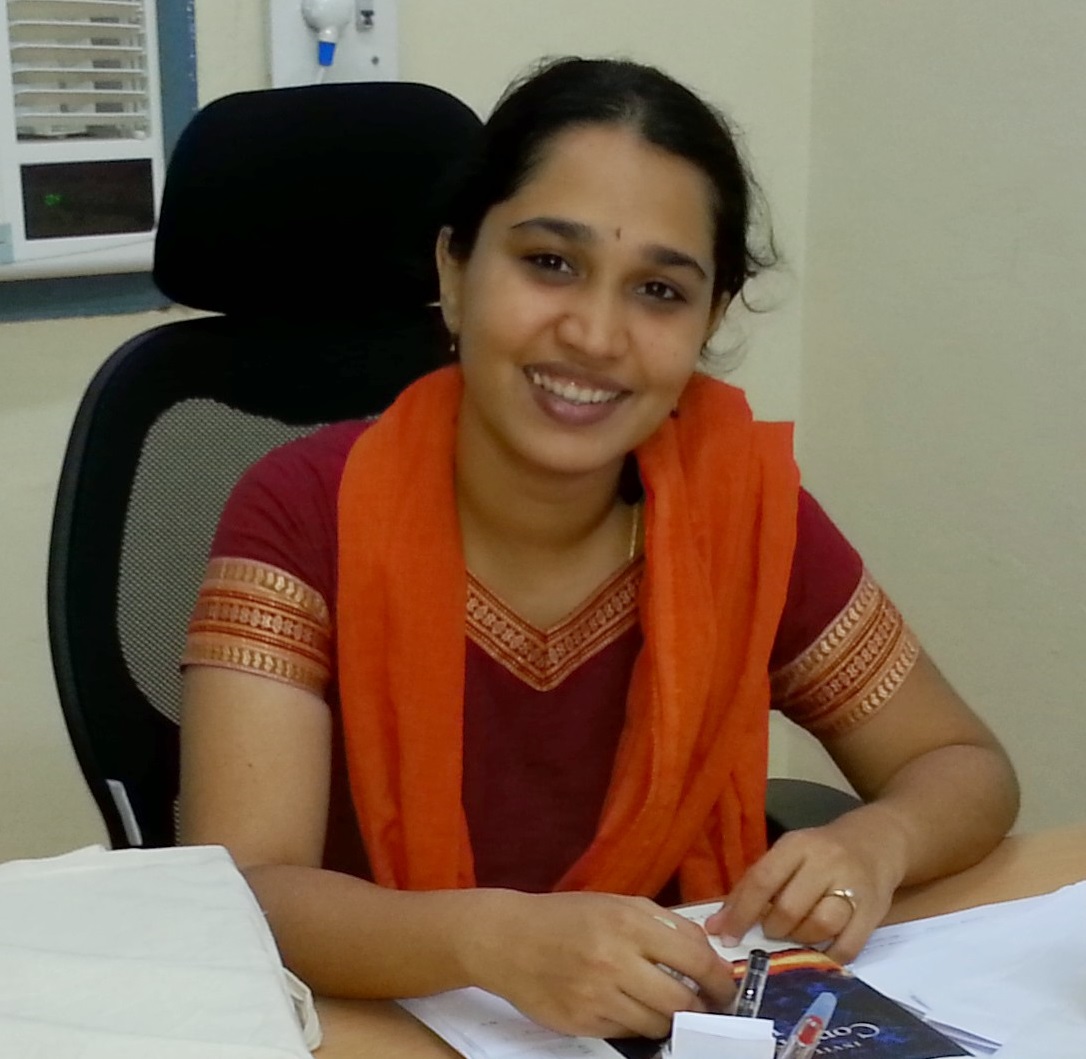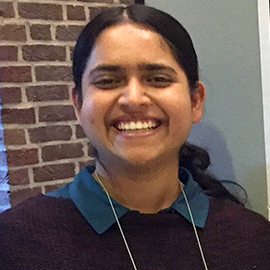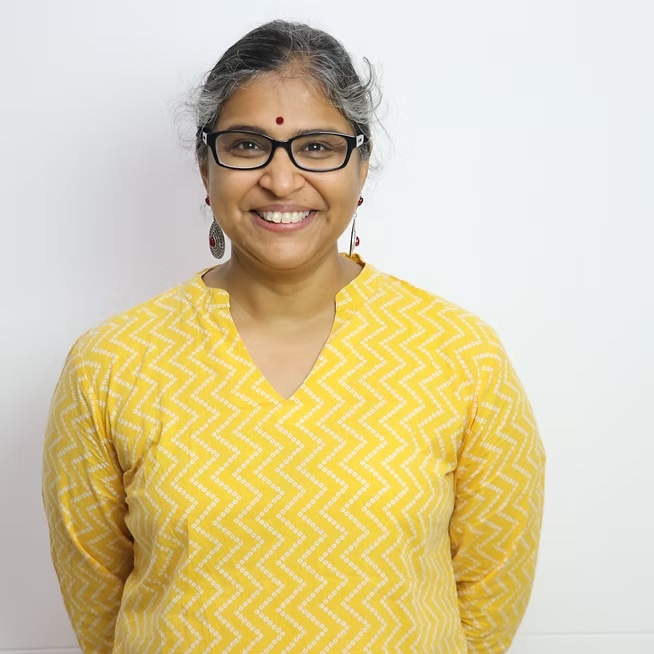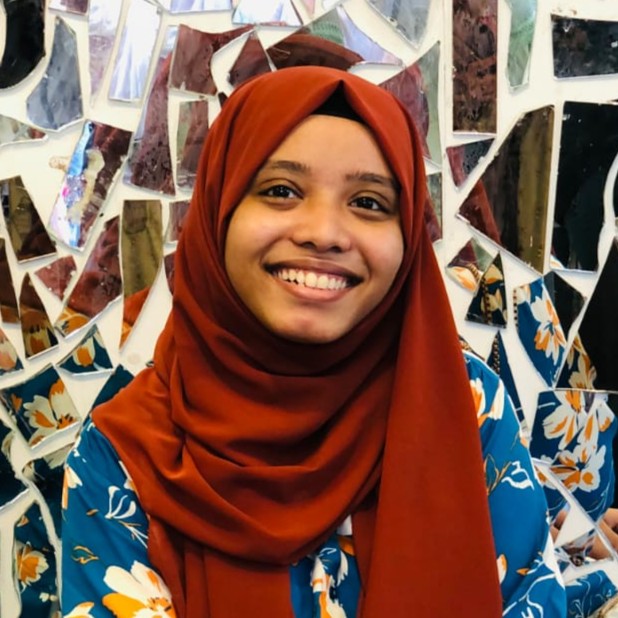© 2026. All rights reserved.
Last update: 2026-01-15 14:57:12 +0530.
The STCS Vigyan Vidushi 2025 programme includes several distinguished lectures and workshops by the following eminent scientists.

Talk title: Quantum Computing: Quo Vadis?
Date and time: 17th June, 4:00 pm - 5:30 pm
Quantum science and technologies have taken giant strides over the last decade. For the first time since the advent of quantum theory, it is now possible to build and precisely control complex quantum states of many particles. We are today in an era of noisy, intermediate-scale quantum (NISQ) devices, with companies such as IBM and Google showcasing quantum devices with hundreds of quantum bits (qubits). This begs the question, how close are we to truly realizing a quantum computer? In what ways are quantum computers more powerful than their classical counterparts, and where do they derive this “power” from? In this talk we will try to address these questions, providing a glimpse into several interesting facets of the quantum world along the way. We will conclude with a brief discussion of the challenges that lie ahead, on the route to scaling up from NISQ devices to universal, fault-tolerant quantum computers.

Assistant Professor, Department of Computer Science and Engineering, IIT Delhi
Talk title: Creating datasets for environmental sustainability problem in developing countries
Date and time: 20th June, 4:00 pm - 5:30 pm
Data analytics, big data, machine learning, artificial intelligence etc. are words dominating our research and industry discourses these days. We believe that if we had enough data, to understand our biggest problems like air pollution or climate change, we would be able to better tackle these menaces. AI for Social Good (Google) or AI for Earth (Microsoft) are example grant programs trying to develop AI algorithms to process environmental sustainability datasets. However, creating the necessary environmental datasets in developing countries is hard. Delhi-NCR, for example, covers 55K square KMs, but has only 35 air quality monitoring stations, even with the whole world’s attention focussed on this city’s pollution problems. Measurement infrastructure in other parts of the country is worse. Budget constraints, lack of domestic instrument production increasing procurement and maintenance costs from foreign countries, lack of broadband network so that deployed sensors can easily send data from the field to remote servers for processing — all play a role in this data paucity problem. In this talk, I’ll highlight how embedded systems/edge computing/IoT (same thing, different names) can augment this data generation process for sustainability problems in developing countries. I’ll use two examples of air pollution monitoring using Delhi public buses and traffic monitoring on Delhi Ring Road intersections. The talk will touch upon the low level sensing and embedded processing pipeline including embedded deep neural networks, software verification and remote attestation methods to ensure device security, privacy issues with the collected data data when different industry partners are involved, and AI/ML on the aggregated datasets for urban policy analysis like odd-even traffic rule.

Assistant Teaching Professor, Center for creative learning, IIT Gandhinagar
Talk title: Games as Mathematics: SET and cap-sets
Date and time: 23th June, 4:00 pm - 5:30 pm
In this talk we will play the game of SET and then, using insights from the game, formulate the maximal cap-set problem and prove it for some special cases.

Science communicator at the Tata Institute of Fundamental Research (TIFR), Mumbai
Talk title: Making Science Speak: A Window into Careers in Science Communication
Date and time: 25th June, 4:00 pm - 5:30 pm
In this interactive session, we will explore what it means to build a career in science communication—why it matters, the many forms it can take, and how researchers and professionals are shaping public engagement with science in India and beyond. From writing and video production to exhibitions, policy, and grassroots outreach, we’ll dive into real-world case studies of Indian science communicators, including several who transitioned from STEM careers to storytelling, education, and advocacy. The session will include a short activity designed to get participants thinking about the kinds of stories they want to tell and the audiences they want to reach.